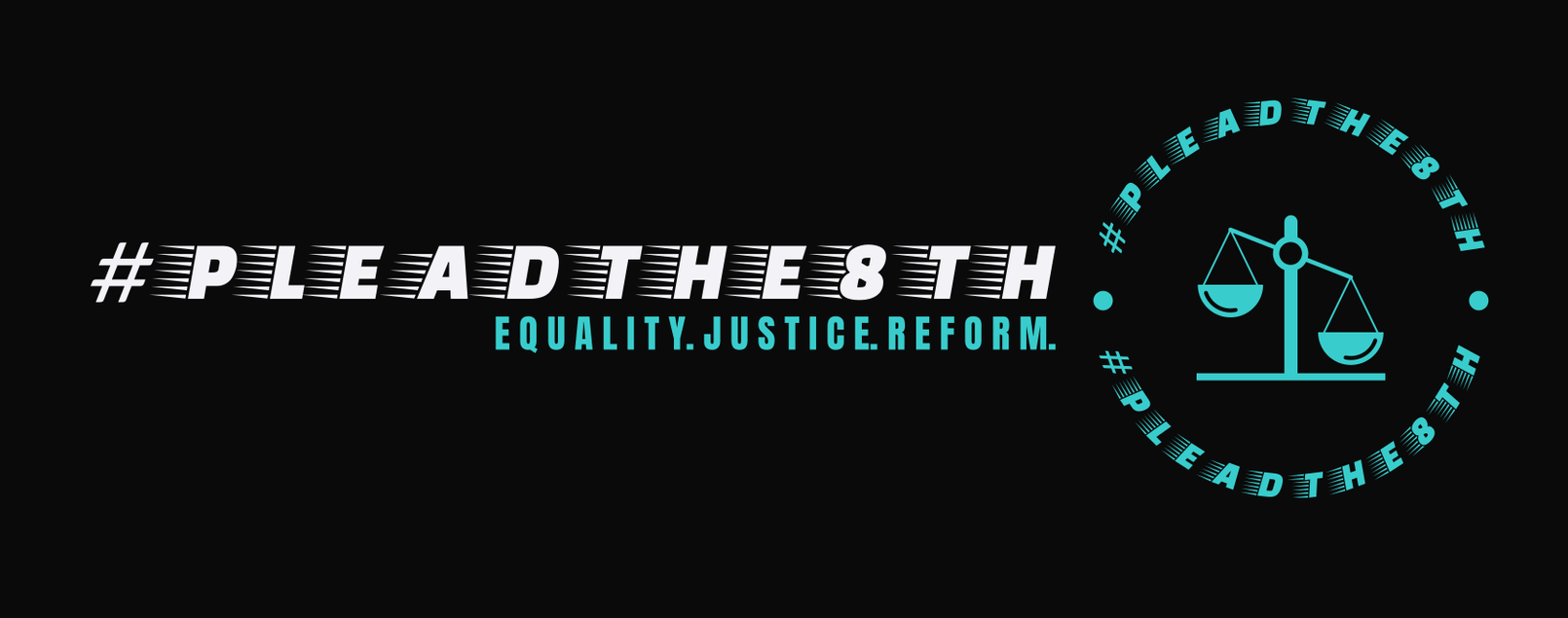Preparing for Freedom
Preparing for a juvenile review hearing is a crucial step toward demonstrating personal growth, rehabilitation, and readiness for reentry into society. Families can help guide their loved ones to utilize resources that align with the key factors considered under Florida Statute 921.1402.
The court uses several factors outlined in Florida Statute 921.1402 to assess whether an individual has demonstrated sufficient rehabilitation and maturity to possibly be released early. Below are these factors:
List of Services
-
(a)List Item 1
Whether the juvenile offender demonstrates maturity and rehabilitation.
-
(b)
List Item 2Whether the juvenile offender remains at the same level of risk to society as he or she did at the time of the initial sentencing.
-
(c)
List Item 3The opinion of the victim or the victim’s next of kin. The absence of the victim or the victim’s next of kin from the sentence review hearing may not be a factor in the determination of the court under this section. The court shall permit the victim or victim’s next of kin to be heard, in person, in writing, or by electronic means. If the victim or the victim’s next of kin chooses not to participate in the hearing, the court may consider previous statements made by the victim or the victim’s next of kin during the trial, initial sentencing phase, or subsequent sentencing review hearings.
-
(d)List Item 4
Whether the juvenile offender was a relatively minor participant in the criminal offense or acted under extreme duress or the domination of another person.
-
(e)
Whether the juvenile offender has shown sincere and sustained remorse for the criminal offense.
-
(f)
Whether the juvenile offender’s age, maturity, and psychological development at the time of the offense affected his or her behavior.
-
(g)
Whether the juvenile offender has successfully obtained a high school equivalency diploma or completed another educational, technical, work, vocational, or self-rehabilitation program, if such a program is available.
-
(h)
Whether the juvenile offender was a victim of sexual, physical, or emotional abuse before he or she committed the offense.
-
(i)
The results of any mental health assessment, risk assessment, or evaluation of the juvenile offender as to rehabilitation.
Edovo App Courses for Review Hearings
The Edovo app, now available on Florida Department of Corrections tablets, provides access to thousands of courses. These programs are designed to help incarcerated individuals develop the skills and demonstrate the behaviors that the court will assess during juvenile review hearings.
Key Factors Individuals Can Demonstrate During Review Hearings (Based on Florida Statute 921.1402):
- Maturity and Growth:
The court will assess whether the individual has shown increased maturity since their offense. Individuals can use educational programs and personal development courses to demonstrate this growth. The Edovo courses on topics like anger management, emotional intelligence, and personal leadership are great resources to show progress in these areas. - Evidence of Rehabilitation:
Individuals are expected to demonstrate rehabilitation efforts, including participation in educational and vocational programs. Completing GED prep, vocational training, and courses related to job skills can reflect a strong commitment to rehabilitation. Additionally, earning certificates and transcripts from programs like Edovo can serve as tangible evidence of their efforts. - Efforts to Acquire Life and Job Skills:
The statute also encourages the demonstration of efforts to prepare for reentry. This includes obtaining job skills and preparing for future employment. Programs related to entrepreneurship, digital literacy, and resume building can show that the individual is taking steps to ensure a smoother transition upon release. - Discipline and Behavioral Improvements:
The court considers an individual's behavior during their incarceration. Demonstrating participation in anger management and conflict resolution programs, such as those offered through Edovo, can show efforts to improve behavior. - Positive Institutional Record:
Individuals can highlight a positive institutional record by showing their involvement in self-improvement programs, maintaining good behavior, and adhering to institutional rules.
Courses to Focus On:
- Maturity and Growth: Participate in emotional intelligence and leadership courses to showcase personal development.
- Rehabilitation: Enroll in GED prep, job skills, and entrepreneurship courses to prove efforts toward rehabilitation.
- Behavioral Improvements: Programs like anger management and conflict resolution demonstrate efforts to manage emotions and improve behavior.
Transcripts and Certificates
By completing Edovo courses, individuals can earn transcripts and certificates, which provide tangible proof of their rehabilitation. These documents have been used effectively during court dates, sentencing hearings, and parole boards to demonstrate personal growth and readiness for reentry.
Individuals can provide their Edovo access code to family members, attorneys, or representatives. This allows others to view their completed courses and present them during juvenile review hearings, strengthening their case by showcasing active participation in rehabilitative programs.
To learn more about Edovo, visit:
Edovo | Impact Correctional Programming
For the full list of courses, visit:
Edovo Core - Published Content 02/2024
To view transcripts, visit:
Download Our Recommended List of Edovo Courses
To assist families and individuals in selecting the most relevant courses for juvenile review hearings, we have compiled a list of recommended Edovo courses that focus on rehabilitation, skill development, and personal growth. This list can be shared with your loved one to help them prepare for their review.
Click here to download PleadThe8th's recommended Edovo course list
By using this list as a guide, families can encourage their loved ones to enroll in programs that will help them demonstrate maturity and readiness for reentry.
Additional Support for Juvenile Review Hearings
If your loved one has a juvenile review hearing coming up, please let us know! We are here to provide support, guidance, and resources to help them prepare effectively.
Please use our Contact us page form to provide details about the upcoming review, and we’ll guide you through the next steps.

